
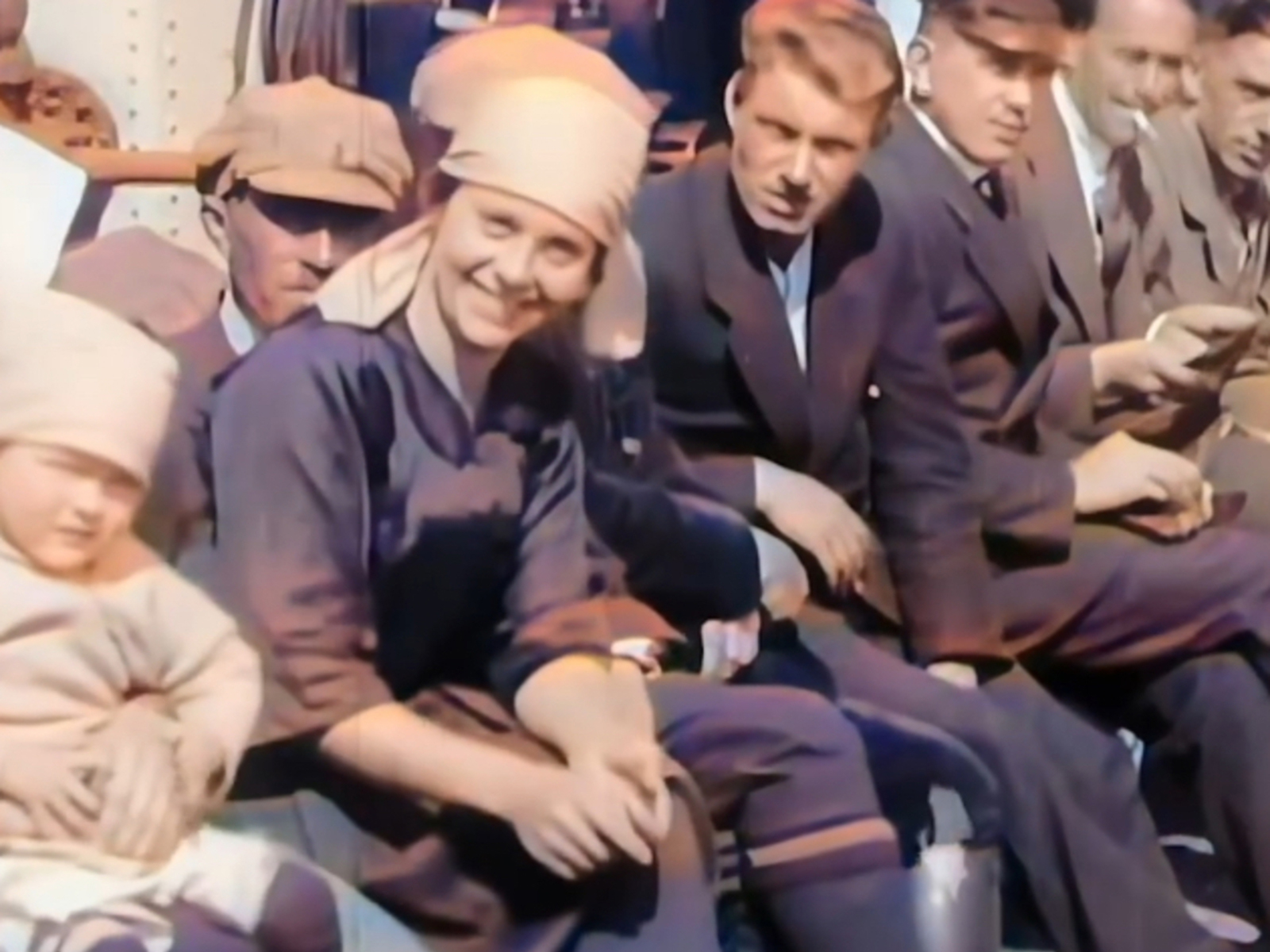
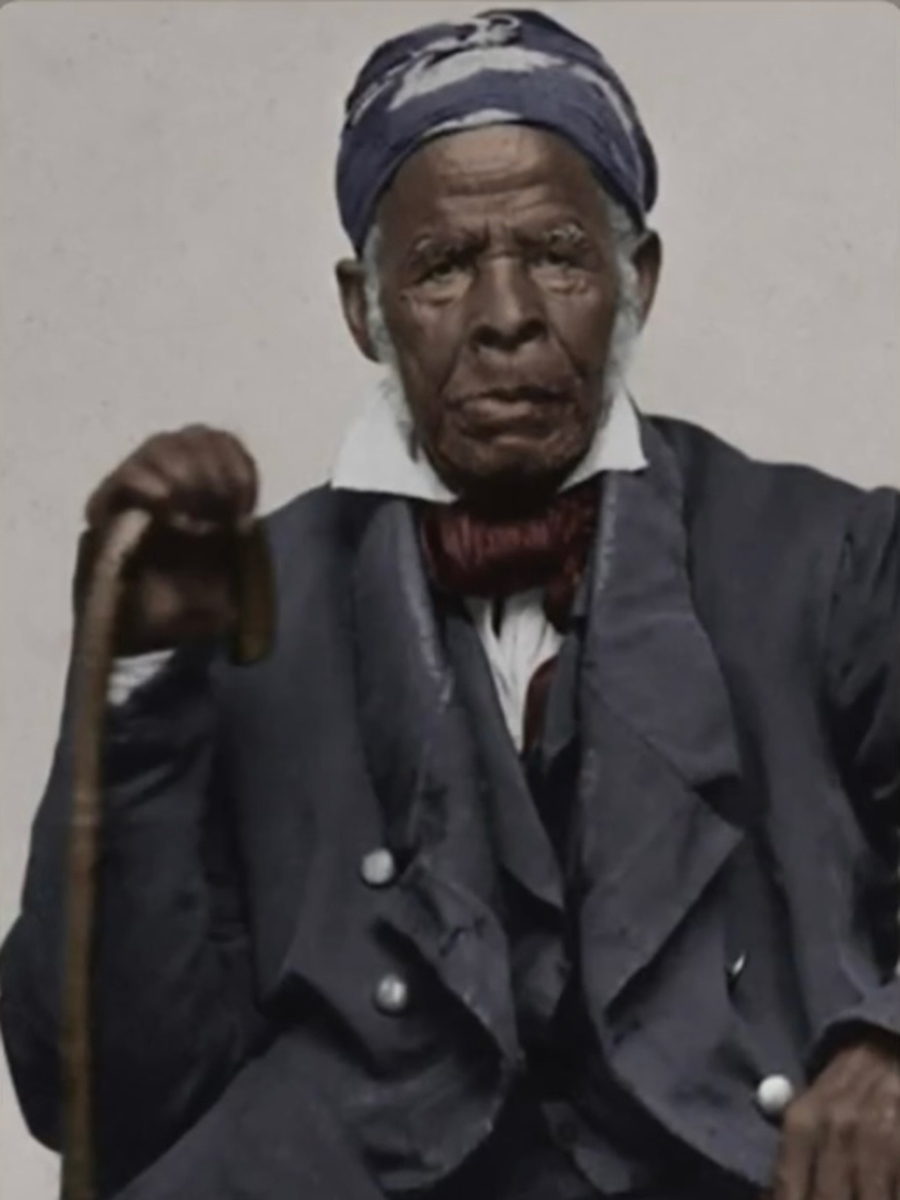
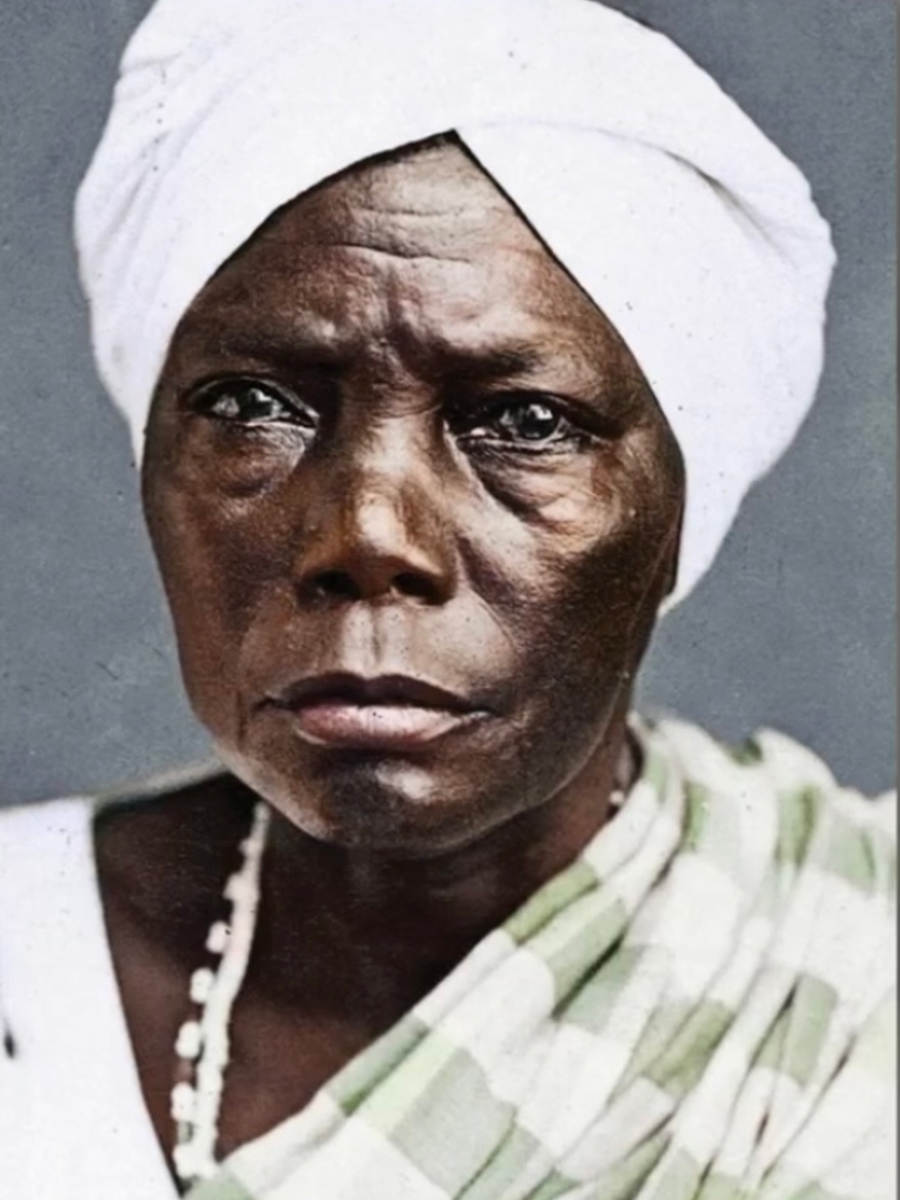
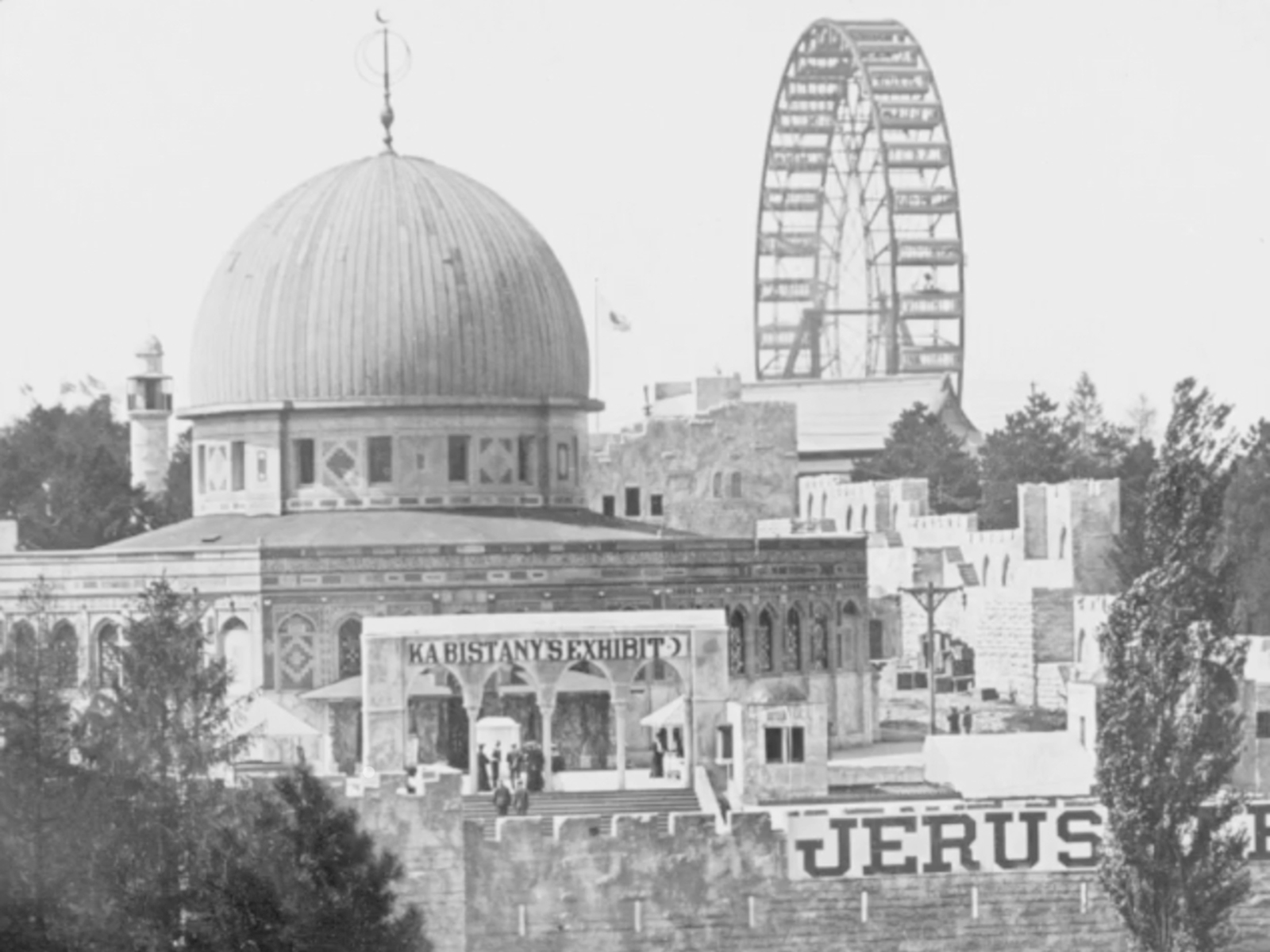
Learn the forgotten history of Islam and Muslims in America
American Muslim Pathways is a nationwide lecture series and web platform that will spotlight the history and impact of Islam and Muslims in America from the 16th century to the present. Beginning in 2024, we will launch a nationwide lecture tour at PBS stations and other community and educational venues. An interactive web platform featuring pathbreaking new research on American Muslim history, society, spirituality, and culture will launch in 2024. This project is created and spearheaded by Unity Productions Foundation, a non-profit production company specializing in films and outreach programs designed to educate Americans about diverse Muslim experiences and to promote dialogue and understanding across cultures.
American Muslim Pathways will explore five themes:
Muslims of Early America
This theme examines the presence of Muslims in the trans-Atlantic slave trade, using credible records and artifacts of Islamic practice among enslaved Africans in the Spanish exploration of the Caribbean and during the American colonial period up to the Revolutionary War. Exemplary topics of discussion include, among many others, 1) the legacy of Sapelo Island, an early 19th Century Muslim community whose traces are still evident today, 2) the role of Muslims in the Founding Fathers’ vision of American pluralism, and 3) some of the more charismatic and notable Muslims of the Antebellum period.
The American Muslim Revival
The trajectory of African American Muslims from the end of the Civil War until the early 1920s is reminiscent of the well-known Delta blues song, "Nowhere but Up from Here." By 1865, the machinery of enslavement had all but erased the practice of traditional Islam in the areas where the Muslim presence was greatest: the agricultural South. In the Post-Reconstruction period, the American Black population experienced a slow, steady return to Islam, through diverse trends and social movements. The drivers in this transfer and adoption varied from transnational events like the 1893 Chicago World’s Fair, to the Pan-Africanism of Marcus Garvey, the Ahmadiyya Movement, the Theosophical Society, and the Free Masons. Our second theme, the American Muslim Revival, will explore this long, transitional period from the unique reference point of the dynamic of attraction and conversion.
Building Foundations While on the Move
The third theme of our lectures will use the motif of migration and movement to explore the growth of Islam in America since the early 20th century. It will also describe some of the communities’ efforts to build nourishing networks and useful institutions. The presentations will explore both broad trends and particular examples from the 1930s up to the present, conveying this theme to a wide audience.
The Making of an American Islamic Practice
Theme Four will examine the distinctive ways in which Islam has expanded as a faith with unique modes of liturgical, theological and political expression throughout American history. In this theme, our lecturers will explore the paths of American Muslim innovators from the mid-20th Century until now, defining them as figures of instructional, political, moral and spiritual influence over the direction of the Islamic faith in the American context.
Contemporary American Muslim Life: Vibrancy and Diversity
The tragic events of 9/11, the subsequent backlash against American Muslims, and the rise of stereotypes, snap judgments and politicized Islamophobia have challenged the American Muslim community in ways never experienced before. Some initially responded by withdrawing and growing more insular, keeping their heads down and moderating or even hiding their Muslim identities. Many, however, refused to live in the shadow of 9/11 and, in the last ten years, we have witnessed the blossoming of a vibrant diversity among American Muslims, especially with Muslim Millennials and Generations Y and Z. Today, American Muslims represent the most diverse religious community in America.
Sign Up to Host a Lecture
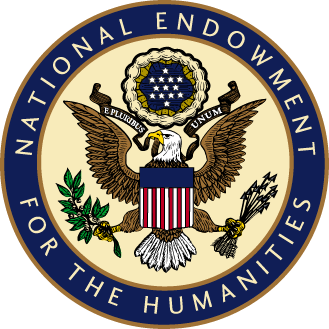

www.muslimpathways.com